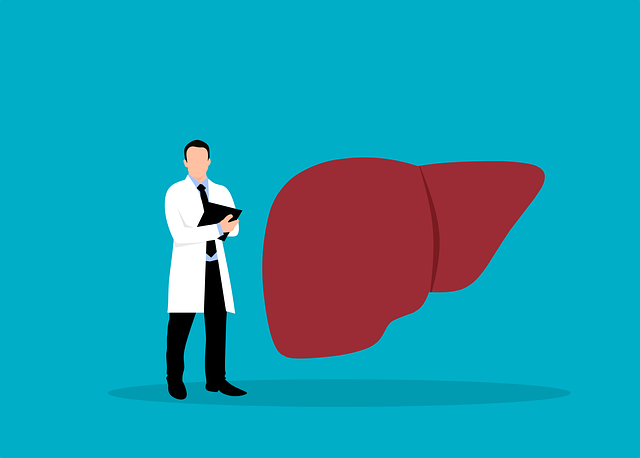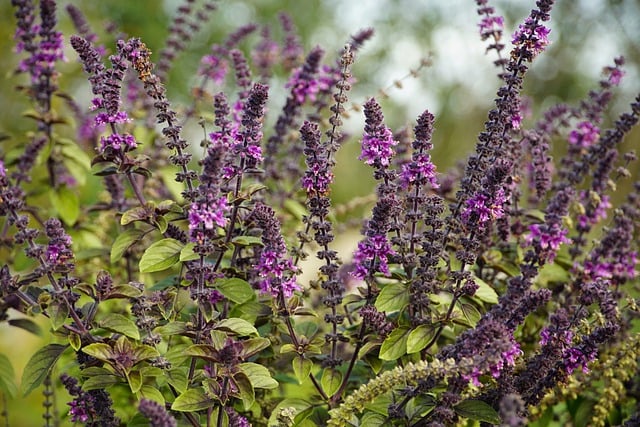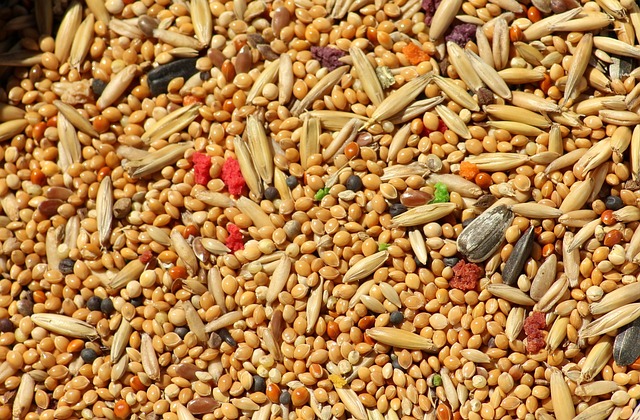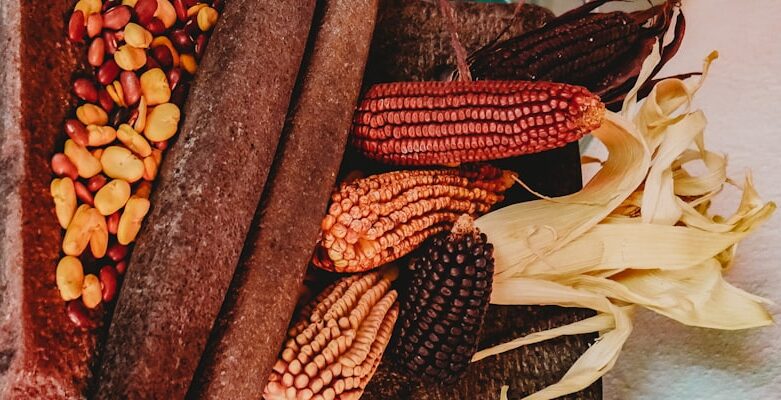The Holy basil plant is mainly found in India and in Asia region. it called as Tulsi in India. It is an immortal plant that offers several benefits from top to bottom. Indians understood the benefits of this plant starting in the Vedic period. It belongs to the Lamiaceae plant family. It has been utilized in Ayurvedic medicine in India from ancient times to treat various health problems.
The holy basil plant possesses several medicinal qualities. Different components of this plant, including the flower, root, seeds, leaves, and stem, are used to cure various ailments. It has anti-inflammatory, antimicrobial, cardioprotective, and immunomodulatory properties with no harmful health consequences. Ancient sages acknowledged Tulsi as a revitalizing tonic and antistress ingredient with the potential to improve health and quality of life.
Holy Basil Plant as per ayurveda
Tulsi is a member of the Labiatae family distinguished by its square stem and aromatic qualities. Tulsi is a highly regarded medicinal herb in Ayurveda. Tulsi, which has a number of healing properties, comes in two varieties: black (Krishna Tulsi) and green (Ram Tulsi). Tulsi can be grown in tropical places in India, like some parts of north India (Himalaya). Furthermore, some farmers cultivate it on a regular basis.
Holy basil leaf extracts are extensively used in traditional Ayurvedic medicine to treat a wide range of health problems, including the common cold, cough, headaches, digestive disorders, inflammation, heart disease, poisoning, malaria, and fever.
Tulsi can be consumed in an array of forms, including tea brewed from the plant, dried powder, fresh leaves, honey, ghee, or extract.
Medicinal properties of Holy Basil Plant
Tulsi leaves include vitamin A, vitamin C, minerals calcium, and zinc with high antioxidants.
Saponins
Saponins are chemicals with detergent-like features. Saponins help lower blood cholesterol. Saponins assist to lower blood cholesterol.
Tannins
Tulsi includes tannins, polyphenolic chemicals with astringent effects. They may improve the flavor and offer possible health advantages.
Prevention of cancer
The Holy Basil Plant is used in cancer treatments such as chemotherapy and radiation therapy to reduce the adverse effects. Lung cancer, breast cancer, and esophagus cancer can be treated by using this plant.
Protect teeth
Holy basil has a favorable influence on dental health. It promotes dental hygiene, treats ulcers, and improves tooth life.
Enhance immune system
it consist of vitamin C and zinc, which help enhance immune function and prevent infections. It shows antibacterial, antiviral, and antifungal effect on human body.
Decrease fever
Basil leaves have been appreciated for their immunomodulatory and antibacterial benefits. It has antibacterial and sedative properties, promoting perspiration and regulating high body temperature during fever.

Useful for diabetes Miletus
Tulsi has been demonstrated to help control blood glucose levels by improving insulin synthesis and sensitivity. Its antioxidant properties reduce oxidative stress, which may lead to lower problems associated with diabetes. Tulsi’s anti-inflammatory properties enhance insulin sensitivity and reduce diabetes-related inflammation.
Cure Gastrointestinal disorder
Tulsi is used to treat gastrointestinal ailments. Tulsi leaves have been shown to effectively cure appetite loss. It could reduce symptoms associated with gastritis and inflammatory bowel disease and additionally enhancing gastrointestinal health.
Keep gut flora clean
Tulsi helps to clean your gut flora. It increases the growth of good bacteria while decreasing harmful bacteria. Maintaining a healthy bacteria balance is crucial for digestive health.
Reduce stress
Tulsi leaves consist of Ocimumosides A and B, recognized for their stress-reducing properties. It controls neurotransmitters such as dopamine and serotonin in the brain.

Protection of premature ageing
The components of this plant include phytonutrients, vitamin C, A, calcium, and zinc have strong antioxidant capabilities and help prevent premature ageing. Antioxidants, especially, give glowing and youthful skin.
Side effects of Holy basil plant
Tulsi is a fantastic Ayurvedic herb comes with multiple wellness benefits. However, Tulsi has some serious health risks. Let’s look at them at glance:
In pregnancy
Consuming higher amount of Tulsi during pregnancy might result in negative long-term consequences. This plant may induce uterine contractions. In extreme cases, it might potentially cause a miscarriage. Though there is no solid proof against using Tulsi during pregnancy, healthcare professionals suggest pregnant women to avoid it out of caution.
Hypoglycemia
If a person has low blood sugar, it is called hypoglycemia, which often occurs in diabetic patients. Tulsi may cause an extreme drop in blood sugar for those with hypoglycemia who are taking medication.
Blood thinning
It is not recommended to be taken in combination with other anti-clotting drugs since it has blood-clotting effects. People who take warfarin or heparin should limit their usage of Tulsi.
Liver damage
Holy basil plant has a eugenol component. Excessive ingestion of this component can cause nausea, vomiting, a quick heartbeat, and liver damage.
A Brief Overview
The holy basil plant is considered a precious plant in Hindu culture. It is an outstanding plant because of its disease-fighting abilities. It also has a spiritual tie to the Hindu faith. It has had a significant historical impact on medicine, society, and spirituality.
It is mostly found in northern India. From top to bottom, it is brimming with therapeutic virtues. It’s used to treat a variety of health issues in Ayurveda and in medical science as well. However, excessive usage of Tulsi may be harmful to some medical conditions. A regular dosage of 2-3 leaves may keep you healthy and boost your immunity.
.







